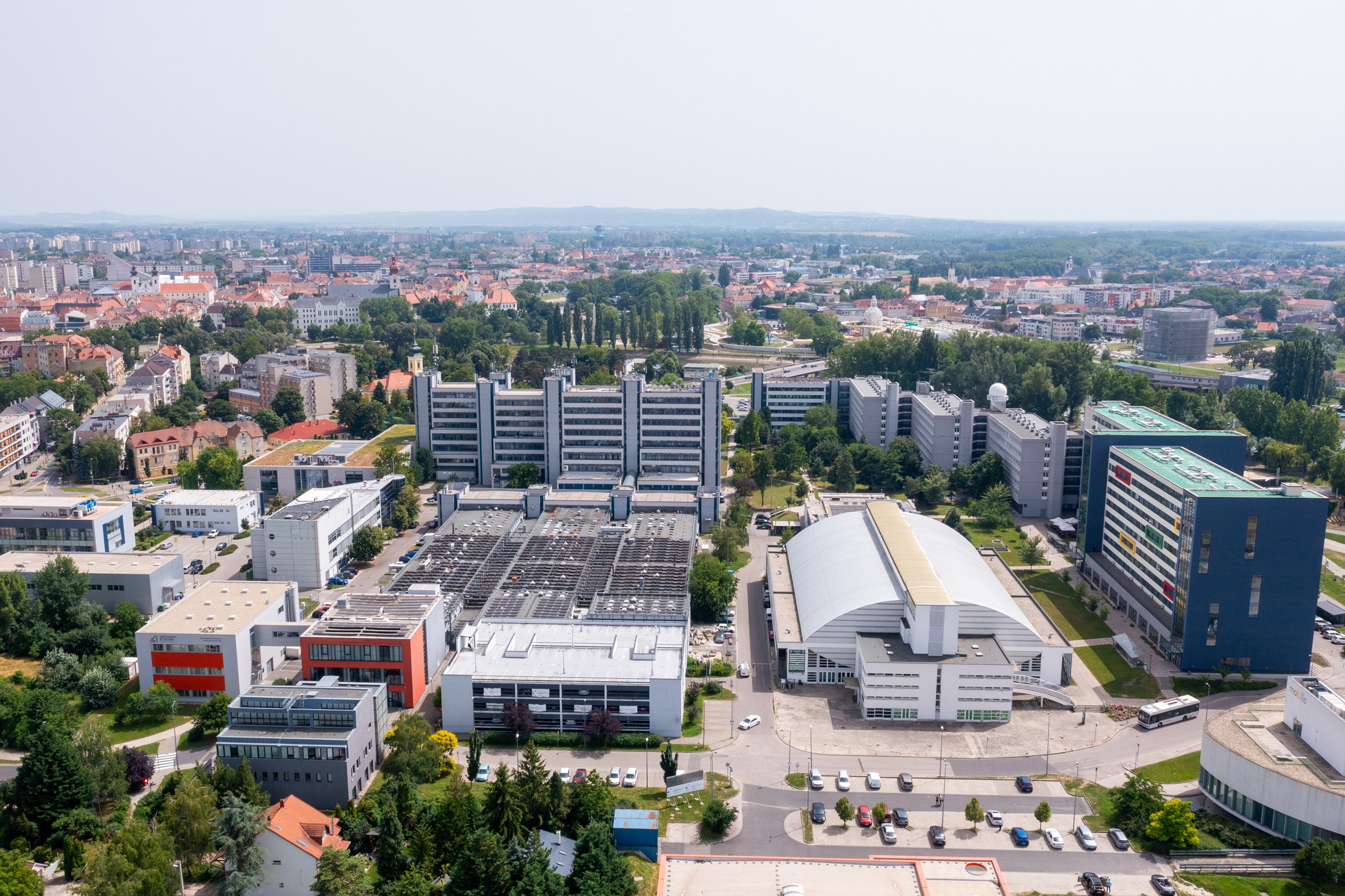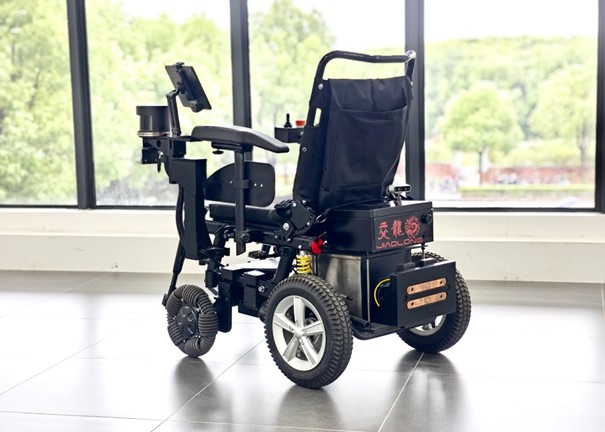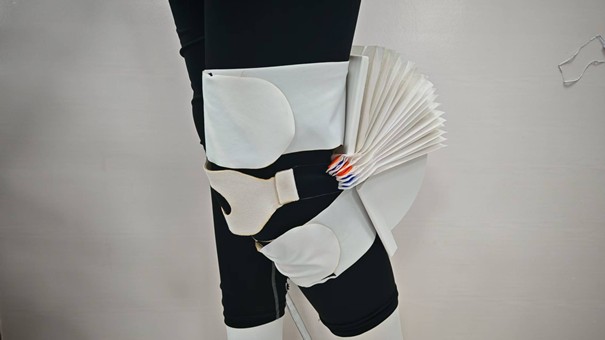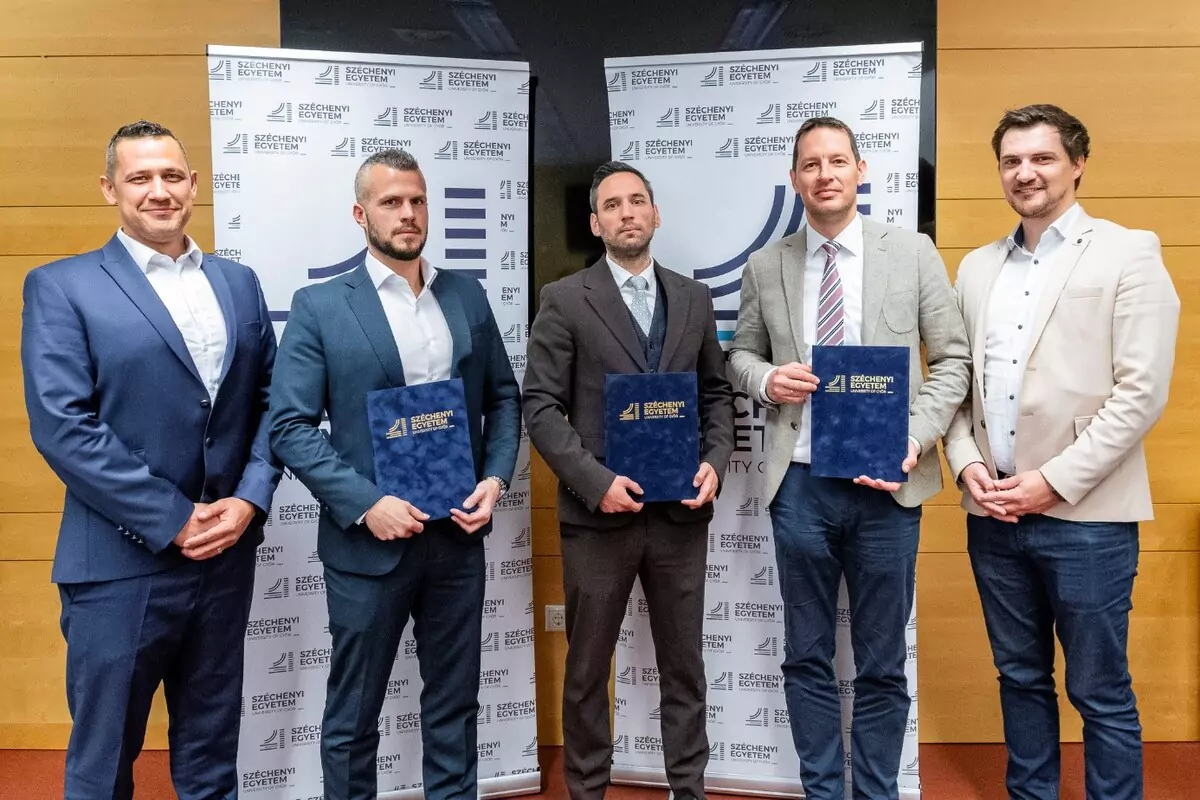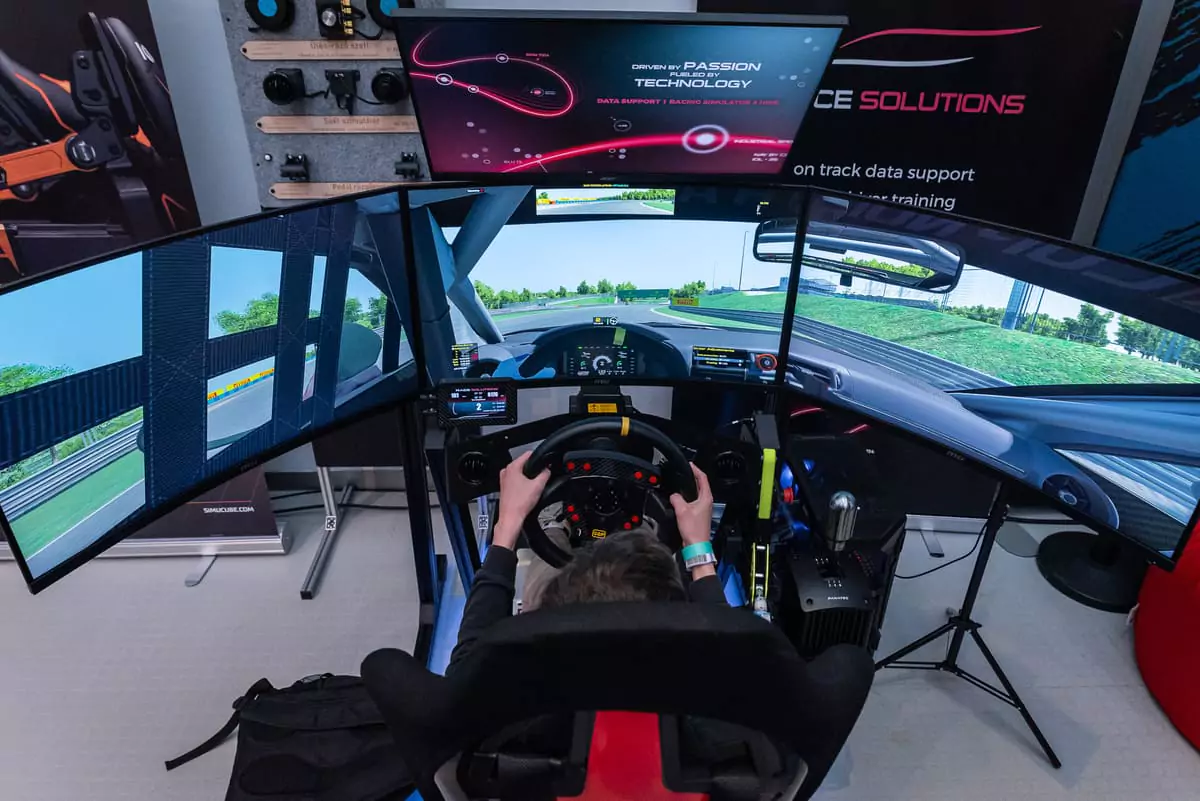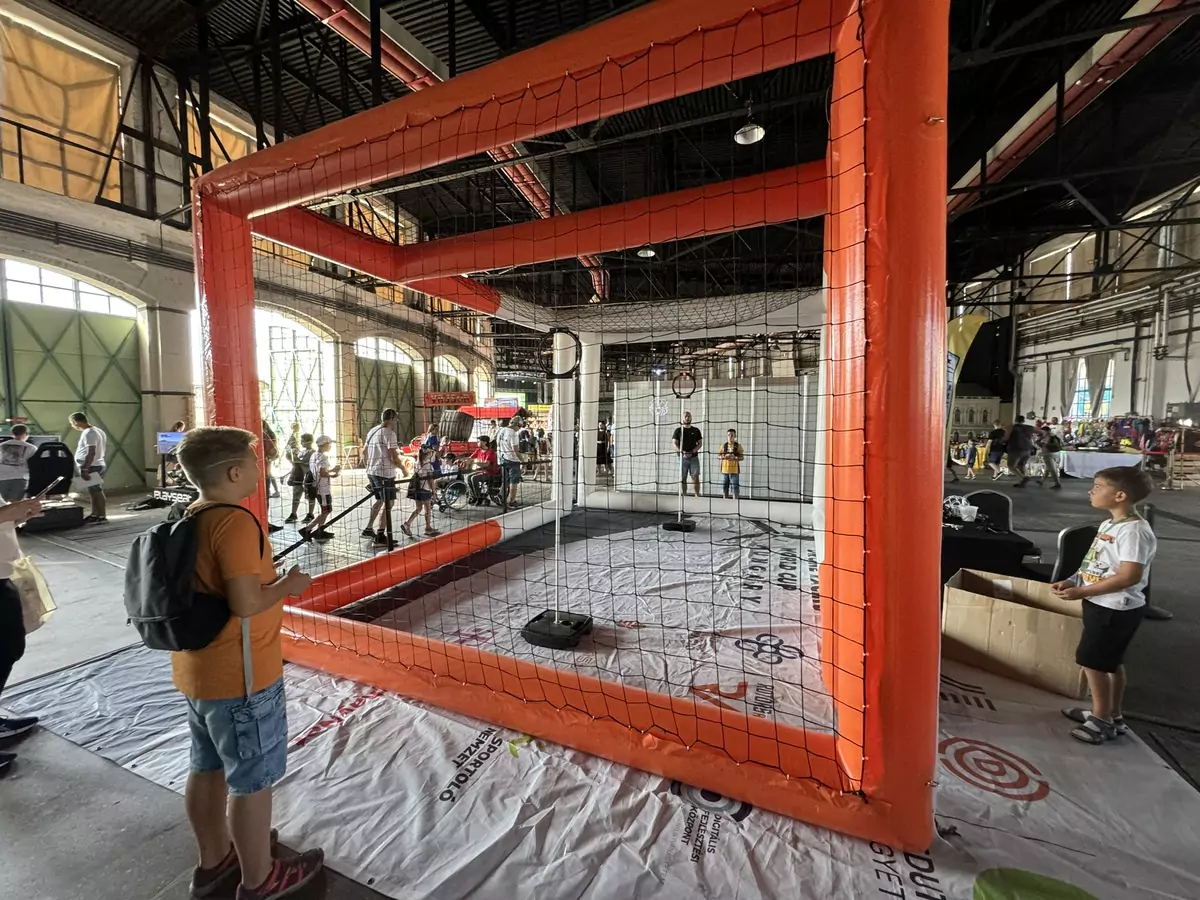Cooperation between Széchenyi István University and Shanghai Jiao Tong University aims to develop 5G-based intelligent rehabilitation devices
In creating health technology innovations, the Győr-based institution will provide, among other things, communication and data management infrastructure as well as clinical validation.
Széchenyi István University contributes to society’s well-being and the advancement of health sciences through health technology research and modern healthcare services. To this end, the University is establishing its MedTech Health Technology Campus at its Zrínyi Street site in Győr, continuously expanding its healthcare programs, and conducting significant research, development, and innovation activities in this field. Linked to these efforts is a project aimed at creating a joint Hungarian–Chinese research laboratory to develop 5G-based intelligent rehabilitation and assistive robotic systems. The cooperation focuses on an AI-supported, 5G-based modular rehabilitation system, including an intelligent wheelchair, a flexible exoskeleton (a movement-assisting device), and a cloud platform capable of real-time data processing.
“We are proud that our partner in this program is Shanghai Jiao Tong University, ranked among the world’s top fifty higher education institutions,”
emphasized Dr. Eszter Lukács, Vice President for International and Strategic Relations. She added that the Chinese university ranks 47th in the Quacquarelli Symonds World University Rankings, 52nd in Times Higher Education, and 46th in the U.S. News Best Global Universities ranking.
According to the plans, the Shanghai partner will develop the wheelchair’s autonomous navigation and the human–machine interaction of the exoskeleton, while Széchenyi István University will provide the 5G-based communication and data management infrastructure as well as clinical validation. The system aims to achieve precise motion tracking in real environments, safe navigation, personalized rehabilitation, and remote medical supervision. The project is expected to result in functioning prototypes, patents, publications, international workshops, and student research exchanges.
“Due to aging and various musculoskeletal diseases, the demand for modern rehabilitation aids is increasing. Therefore, in this project with our Chinese partner, we aim to develop a wheelchair that can be remotely controlled via 5G communication and, thanks to its autonomous functions and artificial intelligence, can navigate independently inside a building – avoiding obstacles – to transport a patient, for example, from their room to the treatment site. In the case of the exoskeleton, the real novelty lies in real-time data collection and analysis, enabling doctors to immediately see whether the patient is performing the prescribed exercises correctly. By evaluating bending and gripping forces, the pace of progress and the effectiveness of rehabilitation can also be easily monitored,”
explained Dr. Péter Prukner, Head of the MedTech and SportTech Division at the Digital Development Center of Széchenyi István University.
He added that the developments will be supported by a modern laboratory established at the MedTech Campus, while other university laboratories will be used for the CE certification tests. Clinical validation will be carried out in cooperation with experts from UniMedicampus, the university’s spin-off company, as well as doctors from Petz Aladár University Teaching Hospital in Győr-Moson-Sopron County. Both partners plan to apply for funding, with Széchenyi University having already submitted a proposal to the National Research, Development and Innovation Fund.
Source
Original source of the article:
Széchenyi István University and Shanghai Jiao Tong University aim to develop 5G-based intelligent rehabilitation devices


